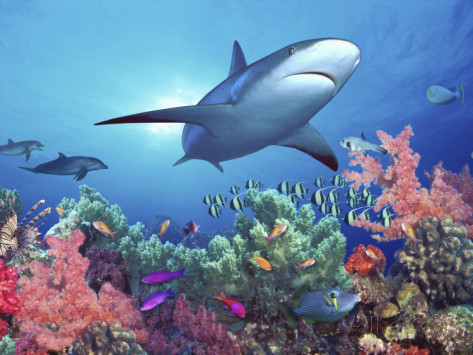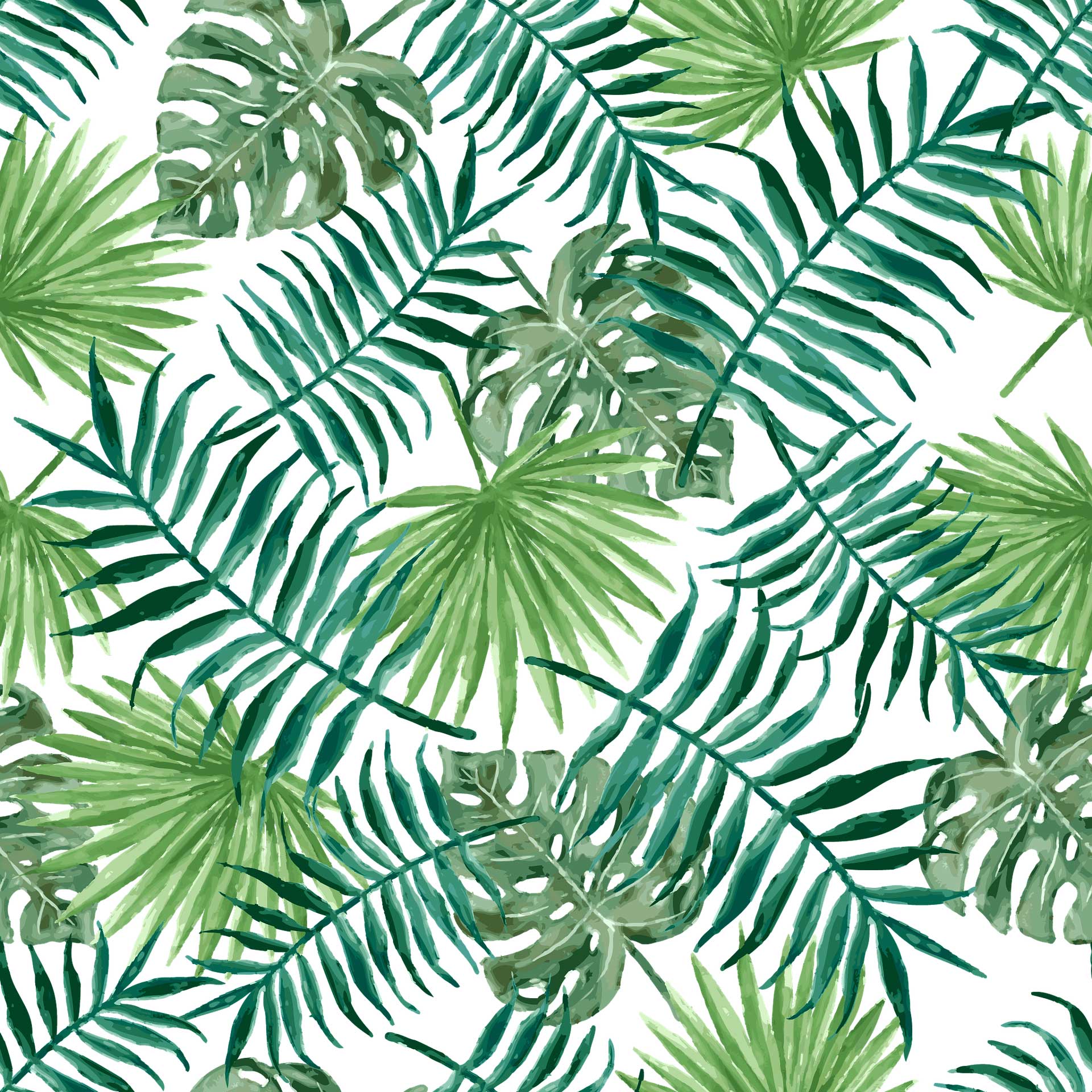
The ecosystem represents the unity of biocenosis and biotopes. The living community in nature must occupy some space where members of that community meet their needs: moving, taking food, breathing, finding shelter and protection, etc. This area is called biotope and is inhabited by members of the respective biocenosis. Biocenosis (community) is a biological system formed by populations of different species of plants, animals, fungi and microorganisms. They establish very complex interrelationships and, at the same time, by certain relationships, they connect with the environment in which they live. In this way, biocenosis and biotope together form a higher order ecological system – an ecosystem. Different ecosystems in one climate zone are grouped into larger entities – biomes.
Ecosystems in islands and atolls also vary (depending on location, sea currents, distance or island / atoll connection to surrounding islands / atolls, from pollution …), they are very similar, but it is common that the temperature of 25- 30 degrees mostly throughout the year, with different types of rainfall, but there is a solid amount, so the vast majority of atolls and islands have lush tropical vegetation, coconut palm trees, pisonias, white sand and drizzling blue water. As people would call it, a tropical paradise. Many species of birds are there, various lizards, reptiles, crabs …
People have planted various types of fruits, so various types of tropical fruits grow (bananas, oranges, kiwi, mangoes, pineapples and more), as well as various types of domestic animals.
In many places, (mostly large islands and atolls), there are larger settlements, including capitals modeled on the European ones. There are cars, buildings, malls, cinemas, all the same as in our countries, but the vegetation is still tropical, however, due to the development of the settlements, many animals have moved away.
We can reduce our impact on the ecosystem by not dumping plastic, poison and other toxins into the ocean. We should not overfish, as it also greatly damages the ecosystem.

